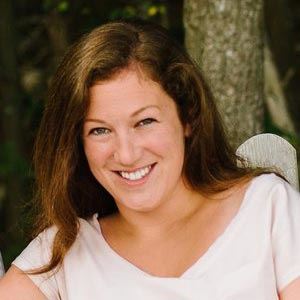
The Scholarship recipients 2016 Information is from the applications Information is from the applications
Sarah Ackley, UC San Francisco, Epidemiology and Translational Science

Thinh Chau, UC Davis, Medicine (Norall Grant)
Jacob Habinek, UC Berkeley, Sociology
Molly King, Stanford, Sociology
Jasmine Mote, UC Berkeley, Psychology/Clinical Science

Kerry Persen, Stanford, Political Science (Gilliland Grant)
We received a thank you note from Kerry
Kerry cannot be here tonight because she is in Indonesia conducting dissertation fieldwork. She asked me to accept this award on her behalf and to read this description of her work.
Kerry sent this thank you note...
Elan Portner, Stanford, Biology
Jesse Cordes Selbin, UC Berkeley, English
Bronwen Stanford, UC Santa Cruz, Environmental Studies (William and Adeline Hendess Scholarship)
Racheli Wercberger, UC San Francisco, Neuroscience (Elizabeth B. Reed Scholarship)